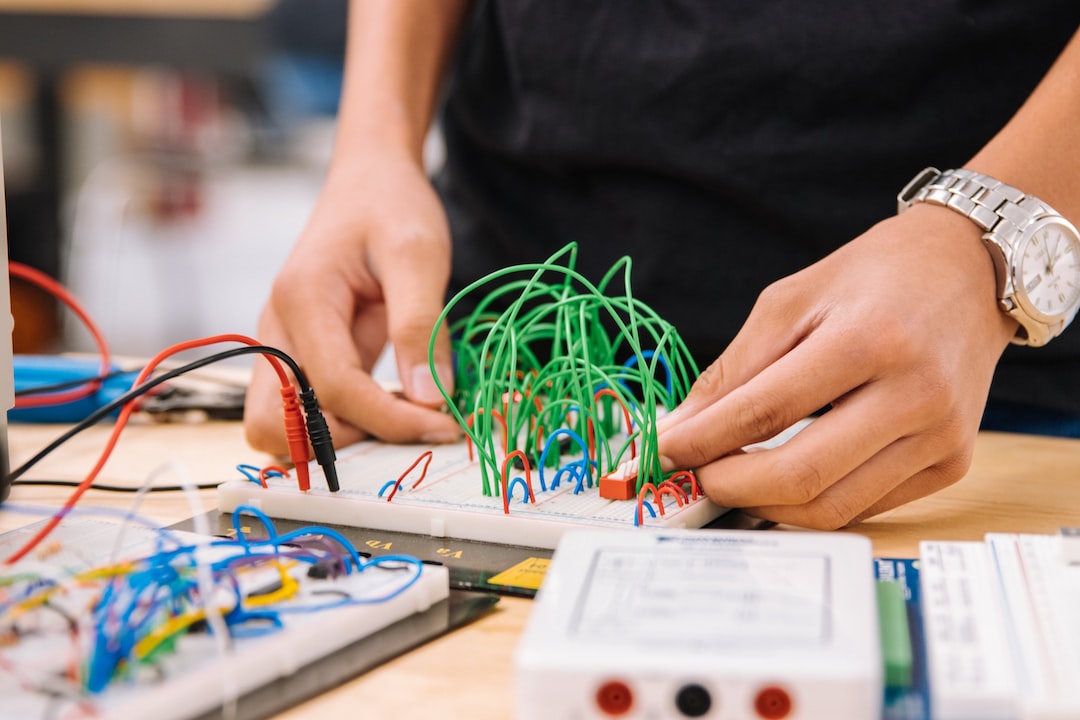Exploring the Montessori Method: A Unique Approach to Education
Education is a critical aspect of a child’s development. With the multitude of educational philosophies and methods available, it can be overwhelming to choose the right path for your child’s academic journey. One approach that has gained significant recognition and popularity in recent years is the Montessori Method.
Developed by Dr. Maria Montessori in the early 1900s, the Montessori Method is based on the belief that each child is a unique individual with an innate desire to learn and explore the world around them. This approach focuses on fostering a child’s natural curiosity and independence, emphasizing practical life skills, sensorial activities, and self-directed learning. Let’s delve deeper into the Montessori Method and understand its unique characteristics.
1. Child-Centered Learning: Unlike traditional education systems, where teachers are at the forefront of classroom instruction, Montessori classrooms are designed with the child in mind. Teachers act as facilitators, guiding students instead of dictating their every move. This approach encourages children to take responsibility for their own education, nurturing autonomy and inspiring a lifelong love for learning.
2. Mixed-Age Classrooms: Montessori classrooms are typically comprised of children between the ages of three and six or six and nine. This intentional mix of age groups allows for a dynamic learning environment where older students serve as mentors and younger ones as observers. This interaction promotes cooperative learning, leadership skills, and empathy among students, fostering a sense of community within the classroom.
3. Individualized Education: The Montessori Method recognizes that each child has unique strengths, weaknesses, and interests. The curriculum is tailored to meet the needs of individual students, allowing them to progress at their own pace. This personalized approach ensures that each child is challenged and engaged, enhancing their ability to reach their full potential.
4. Prepared Environment: Montessori classrooms are carefully prepared to facilitate learning and independence. The learning materials are specifically designed to be self-correcting, allowing children to identify their own mistakes and fostering a sense of accomplishment. The environment is organized and aesthetically pleasing, promoting concentration and orderliness.
5. Sensorial Development: Dr. Montessori believed that children learn best through their senses. Montessori classrooms are equipped with a wide variety of materials that engage the child’s senses – touch, sight, sound, smell, and taste. These sensorial materials facilitate the development of fine and gross motor skills, hand-eye coordination, and cognitive abilities.
6. Emphasis on Practical Life Skills: Montessori education recognizes the importance of teaching practical life skills to children. From tying shoelaces and pouring water to cleaning tables and preparing snacks, these activities help children develop confidence, independence, and a sense of responsibility. By engaging in these everyday tasks, children gain a sense of belonging and learn the essential skills needed to function successfully in the world.
7. Peace Education: Another distinguishing aspect of the Montessori Method is its emphasis on peace education. Dr. Montessori believed that true education should cultivate peace within individuals and society. Montessori classrooms have a strong focus on promoting kindness, respect, conflict resolution, and empathy. The goal is to nurture students who are well-rounded individuals, academically competent and compassionate human beings.
In conclusion, the Montessori Method provides a unique and holistic approach to education. By placing the child at the center of their learning and embracing their individuality, this method empowers children to become confident, independent, and lifelong learners. The emphasis on practical life skills, sensorial development, and peace education distinguishes Montessori schools from traditional educational institutions. If you are seeking an alternative approach that encourages your child’s natural curiosity, fosters their individuality, and promotes a love for learning, exploring the Montessori Method may be the perfect fit for your family.


